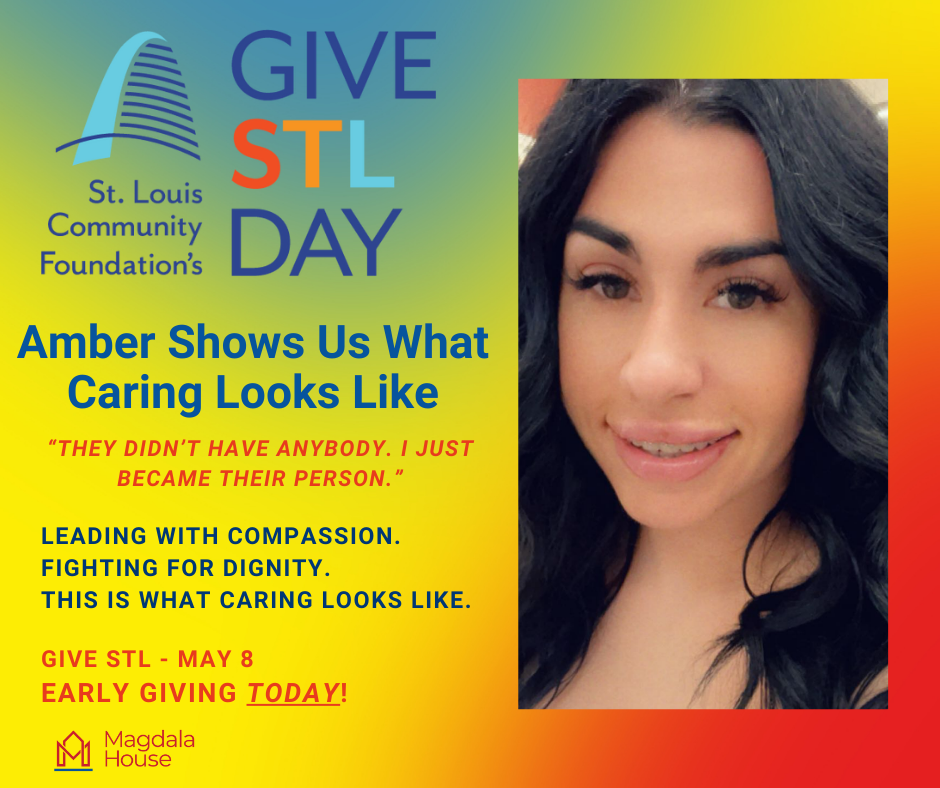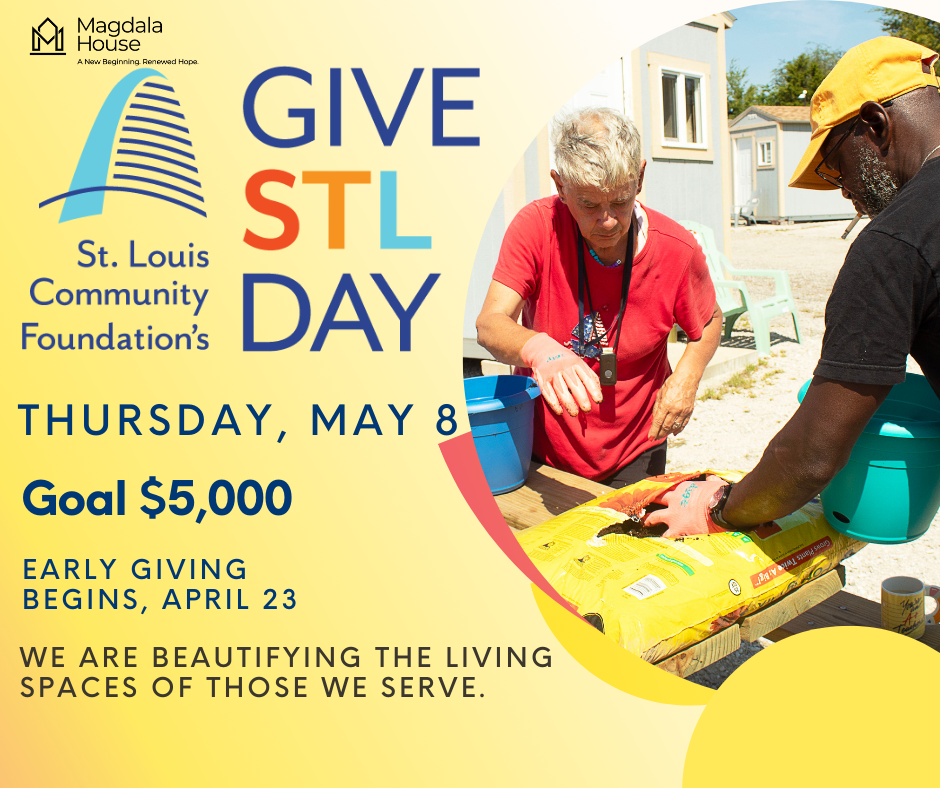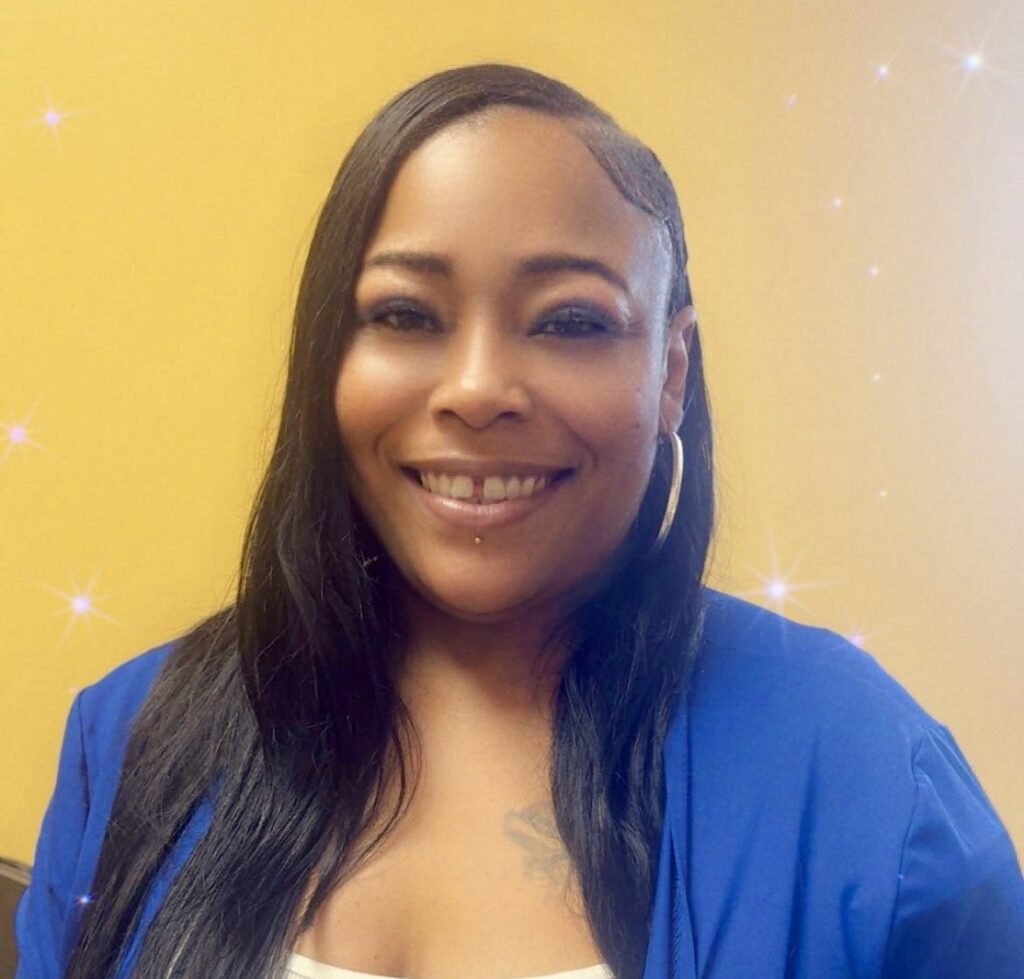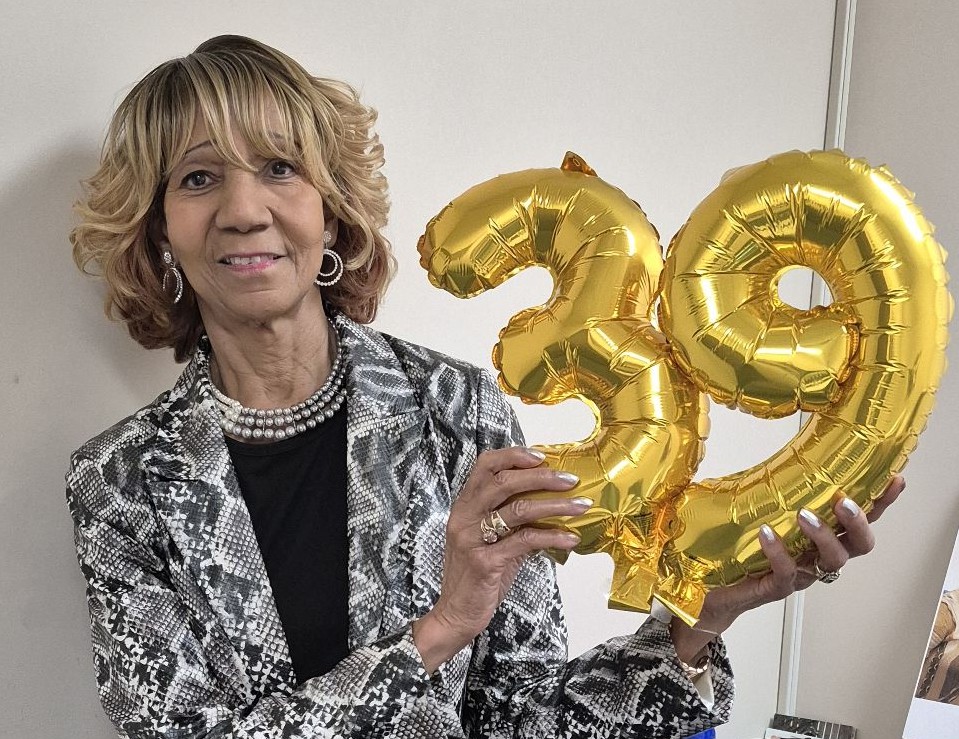Wednesday With Dr. Warren is a segment by Warren A. Kass, Ph.D., a Consulting Clinical Psychologist at Magdala House. Dr. Kass graduated from Marquette University, has a doctorate from St. Louis University, and has over 51 years of experience as a clinical psychologist. Wednesday With Dr. Warren is an informative, thought-provoking piece that will inspire us to live, think, and be better people.
Empathy forms the foundation of a harmonious and prosperous society. Conversely, hate and its companion, discrimination, erode trust, social harmony, and the sense of connectedness within communities. Hate is not innate; it arises from beliefs that a person, group, or idea poses a significant threat to one’s peace or existence. Although certain temperamental traits from birth can heighten the risk of negative experiences, hate is fundamentally shaped by environmental factors. It often takes root in childhood and grows as individuals navigate various social groups and absorb their values and practices.
Hate groups are defined by their beliefs or practices that attack or malign an entire class of people. In 1997, the U.S. News and World Report identified 474 hate groups in the United States. By 2022, the Statista Research Department reported this number had risen to 1,225. Given the pervasive polarization in today’s culture, this number has likely increased even further by mid-2024.
Factors Leading to Hate Group Membership
Several factors can predispose an individual to join a hate group. The most common is a history of family disruption, such as divorce, parental abandonment, incarceration, or substance abuse. These traumatic experiences in childhood, known as adverse childhood experiences, also increase the risk of adult physical and mental disturbances. Other predisposing factors include being a victim of violence or engaging in fights during school years. Certain personality traits, such as a low tolerance for ambiguity and concrete thinking, can also increase the likelihood of developing intense dislike or hate.
Social media’s prevalence of violent and hateful speech can appeal to those who feel marginalized or wronged, offering a false sense of belonging, security, and empowerment.
Many homeless individuals and intellectually disabled adults come from backgrounds of family instability, such as divorce, parental abandonment, or substance abuse. These adverse experiences can make them more vulnerable to societal hate and discrimination, further marginalizing them. This can result in these individuals facing increased barriers to accessing basic needs, support services, and social acceptance.
Hate vs. Empathy
Hate is the antithesis of empathy. Those who hate are unwilling and unable to understand others’ perspectives, denying their validity and insisting on their own beliefs as the only truth. Hate predisposes individuals to see others negatively, prioritize their own feelings and beliefs, and push for domination and control rather than seeking common goals.
Empathy is essential for a harmonious and prosperous society. Hate and discrimination erode trust, social harmony, and the sense of connectedness, severely impacting vulnerable groups such as the homeless and intellectually disabled adults.
Empathy encourages individuals to see beyond stereotypes and understand the unique challenges faced by the homeless and intellectually disabled adults.
The Personal Toll of Hate
Hate not only harms society but also affects the individual who harbors it. Depending on the degree of hate, it can cause sleep disturbances, increase risky health behaviors, stimulate aggressive responses, and lower empathy towards targeted groups. Physiologically, hate can elevate cortisol levels (the stress hormone), lower immune response, increase inflammation, slow wound healing, and accelerate aging.
Combating Hate and Discrimination
There are steps we can take to reduce hate and discrimination, fostering a more understanding and tolerant society. This involves developing compassionate interpersonal goals, characterized by interpersonal sensitivity, self-confidence, and a willingness to listen and consider changing our beliefs. It requires giving others our full attention, reflecting on their experiences, and appreciating their perspectives.
We should seek out diverse relationships, ask open-ended questions, educate ourselves about social issues and global perspectives, and understand our biases. By understanding others’ pain and suffering and providing emotional support without overstepping, we can maintain our beliefs while appreciating the experiences and cultures of others.
At Magdala House, we believe in empathy-driven actions that lead to more inclusive policies, better access to services, and a stronger support network for the individuals we serve.







